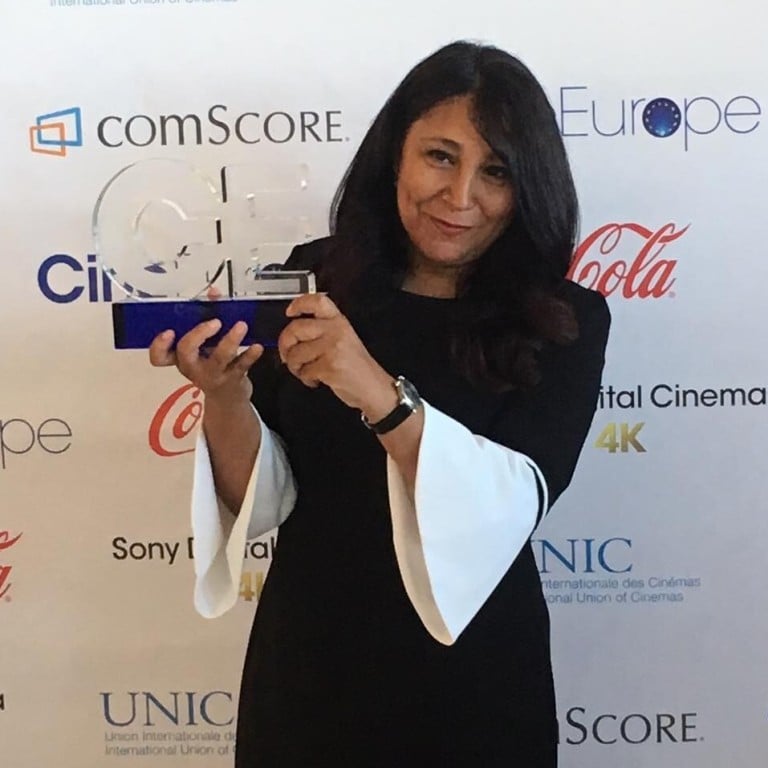Meet Haifaa al-Mansour, Saudi Arabia’s first female filmmaker and award-winning director

Saudi Arabia selected her film Wadjda for the Best Foreign Film Oscar, Cate Blanchett awarded her with the IWC Filmmaker Award and she is helping to break prohibitive societal norms in the kingdom
Saudi Arabia’s first female filmmaker, Haifaa al-Mansour – who is often referred to as one of the kingdom’s boldest and most controversial film directors – has shed a light on the way people live in the closed-off country. She challenges the status quo when it comes to raising the curtain on the prejudices against women in her conservative country. And she has done so despite there being no cinemas in operation in Saudi Arabia from 1983 to 2018.
Here is what you need to know about the 45-year-old pioneer filmmaker:
She was educated in Egypt and Australia
While growing up, she was introduced to the world of cinematic wonders by her father, Abdul Rahman Mansour, who is a poet. Inspired by her upbringing, she went on to study comparative literature at the American University in Cairo. She then moved to Australia, where she earned her master’s degree in Film Studies from the University of Sydney under the Endeavor Scholarship Award.
The start of her career as a filmmaker
Haifaa’s golden period began with her award-winning debut feature film Wadjda which was shot entirely in Saudi Arabia. She herself wrote the script of the film and directed it. She took it to the 2012 Venice Film Festival where it made its world premiere, and Saudi Arabia nominated it for the Best Foreign Film category at the 86th Academy Awards (however, it was not chosen). The storyline revolves around a 10-year-old girl, Wadjda, who lives in Riyadh and is intent on getting a bicycle of her own in a society where women are strictly forbidden to engage in such outdoor activities.
Her other film, The Perfect Candidate, also created a buzz